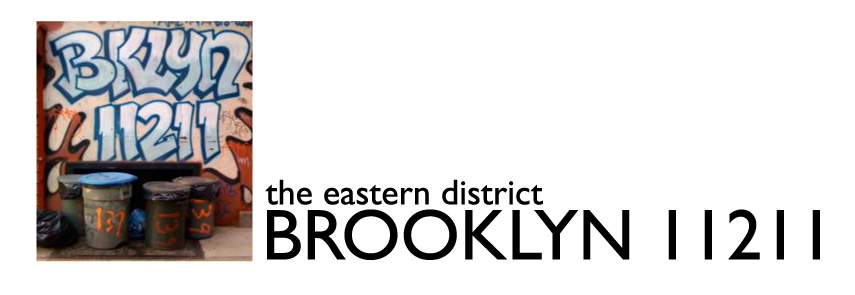No Sex in the Charter School
The Courier continues to do some excellent original reporting. Good luck finding it on their website (I’ve given up trying).
This week’s case in point is an article by Michele De Meglio on the proposal announced last week to convert four closing Catholic schools into public charter schools. As De Meglio reports, there are some devils in the details. Sex and religion details, specifically. Outside the limelight of the Mayor’s and Bishop’s joint announcement was a statement by Bishop Frank Caggiano, the vicar general to Diocese of Brooklyn, in which he said that the Diocese is exploring the possibility of introducing legislation that would “fit part of the strategic goals of preserving the vision”. In layman’s terms, that means teaching Catholicism in public schools. It also means not teaching sex education. In fact, Caggiano said that the Diocese would abandon the plan “if asked to teach sex education”.
The Diocese is, of course, free to do what it wants with its buildings. But if it wants its students to continue to have a quality education, it might find that cutting off its nose to spite its face is not the way to go about this. First off, whatever schools go into these buildings will be public charter schools. So the Diocese would not be asked to teach sex education, rather sex education would be taught in its buildings by public school teachers (sex ed is required to be taught in public schools). Likewise, there are other ways to teach religion that don’t require (probably unconstitutional) amendments to the State education law. The Diocese would be free to teach CCD or other after-school classes, and presumably could do so in its own buildings – that same buildings with the charter schools. This seems to me to be the best of both worlds – good public education and after-school religious education for those who want it.
But the Diocese is saying that it will take its ball and go home, rather than engage in tolerance and compromise that might actually benefit its students (again, its their right – it is their ball). Which is too bad, because this charter school proposal is a potential silver lining to what would be a very sad loss for many communities. This dogmatic reaction just shows that the Diocese really can’t have much faith in its message, if it require a captive audience for instruction or must “protect” that audience from ideas that it disagrees with. But based on the large number of lapsed Catholics I’ve come across in life (all of them products of Catholic education), maybe the Diocese does have reason to doubt.
(The greatest proponent of Catholic education I have known in my life was my father – a Protestant who spent ten years in Jesuit schools in Spain. In the 1940s and early 1950s, Spain was probably the most devout of the Catholic countries in Europe. This devotion was promoted by Franco, to the degree that non-Catholic churches weren’t even allowed at that time. Despite all this – or maybe because of it – the Pilar School was very tolerant of my father’s religious beliefs. He was never forced to have any Catholic religious study – he simply left the room during mass or during religious instruction, and the priests and everyone else had no problem with that. Other than being excluded from this part of the education (which is what his parents wanted), he was never ostracized or made to feel unwelcome or unworthy. As an educator and a product of Catholic education, I think my father would also be pretty appalled at the Brooklyn Diocese’s position on charter schools.)
